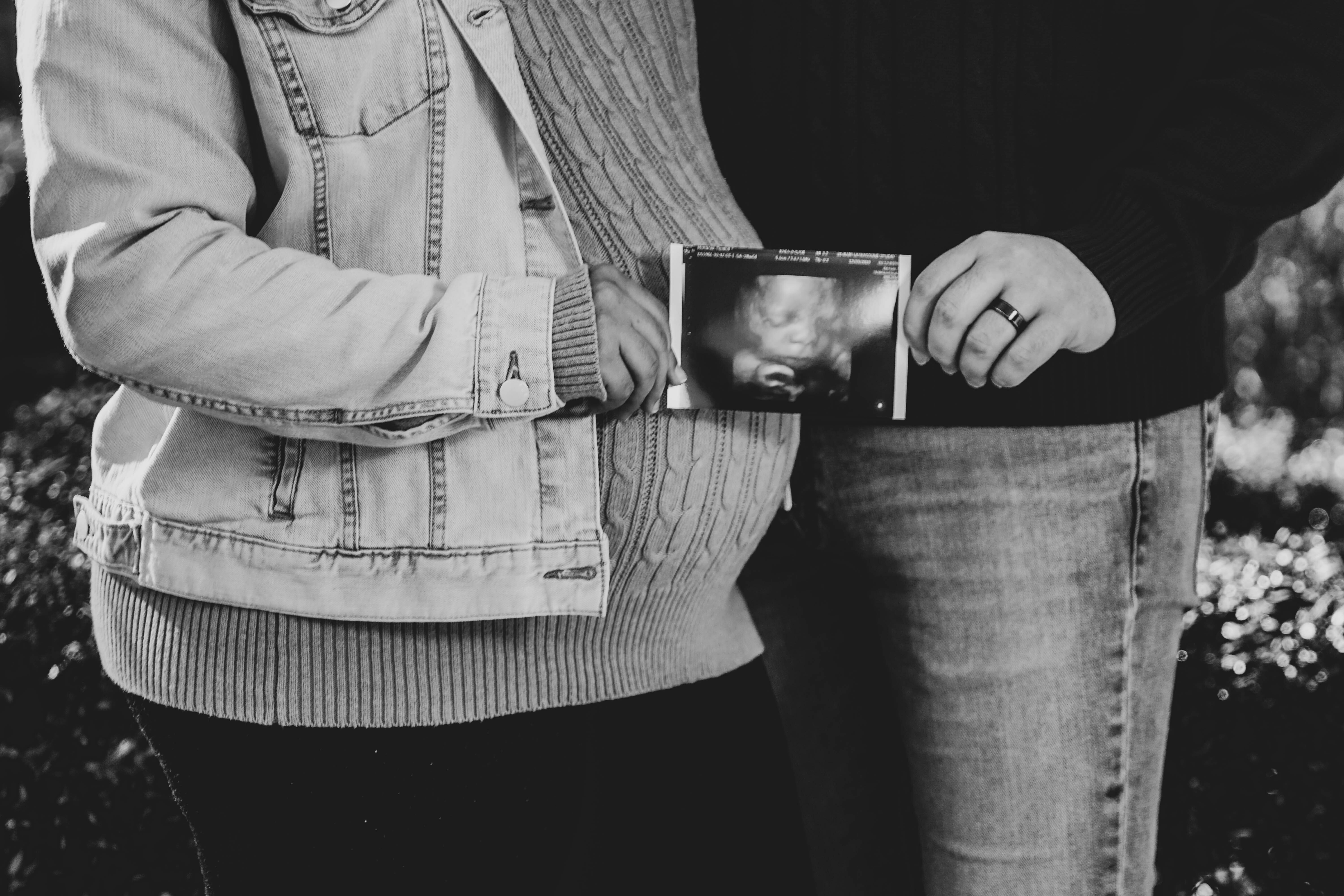“God created man in his own image, in the image of God he created them; male and female he created them.” Genesis 1:27
“…nor shall any State deprive any person of life, liberty, or property, without due process of law; nor deny to any person within its jurisdiction the equal protection of the laws.” Amendment XIV, The Constitution of the United States of America

The word “sanctity” means sacredness, and it implies that human life is somehow set apart from and intrinsically different than other forms of life that God created. This idea comes straight from the text cited above, namely that God created the human race in his image, having a likeness in our basic nature to His own. When sin entered the world, this image was greatly marred, but it is still there nevertheless. In Genesis 9:6, God told Noah that whoever kills a person is killing one who is created in the image of God, and James 3:9 says that cursing another person is akin to cursing the image of God. So, however much we have been marred by sin, yet we are still in the image of God, and thus we have a value separate from and above other forms of life which God created.
On June 13, 1868, the 39th Congress of the United States ratified the 14th Amendment, a portion of which is cited above. This Amendment sought to protect people born in America from the ravages of tyranny by promising equal protection of all persons under the law. The problem came when some in this nation questioned whether those as yet unborn were “persons” under the 14th Amendment. On January 22, 1973 seven members of the Supreme Court of the United States took it upon themselves to answer that question for the entire nation when they legalized abortion, effectively denying the status of “person” protectable under the law to those as yet unborn. The resulting deaths of millions of pre-born babies has been the legacy of those seven individuals. Someday, their attitude may seem as bizarre and repugnant as that of Roger Taney, the Supreme Court Chief Justice who said in 1857 that the runaway slave Dred Scott was not truly a person and therefore had no right to sue in a court of law.
Does the Scripture give us any input into this divisive issue? Certainly it does! The clearest example of a pre-born baby exhibiting personality comes in the statement that John the Baptist “leaped for joy” in his mother Elizabeth’s womb when she heard the greeting of Mary, the mother of Jesus (Luke 1:44). If the pre-born is not a person, how can this one leap for joy at anything? Even more striking is the fact that John the Baptist was behaving in the womb in the same way that he would later behave concerning Jesus…the Holy Spirit had given John a special relationship to Jesus—that of forerunner and messenger. This early leap for joy was a precursor of a whole life lived in joyful anticipation of what Jesus would do as Messiah.
"The word 'sanctity' means sacredness, and it implies that human life is somehow set apart from and intrinsically different than other forms of life that God created."
John the Baptist never shied away from the controversial issues of his day and was willing to speak the truth even though it cost him his life. God commands the same from us today. Human life was created in the image of God and thus has a sanctified place in the created order. Our nation needs bold Christians to “speak the truth in love,” (Ephesians 4:15) even though it costs us comfort and ease in certain relationships. Soon we will give an account to God for our lives…may we not have to stand accountable for silence and inaction at this crucial moment.

